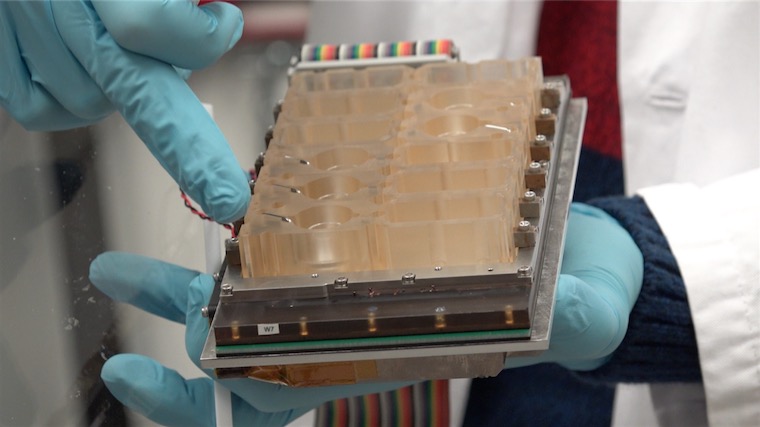
Menstrual cycle in a dish
Northwestern Medicine develops a miniature, personalized reproductive system that will test drugs for safety and effectiveness in women.
“Northwestern’s relentless pursuit of excellence is not just about science — it is about harnessing the power of knowledge to change the world. The hallmark of Northwestern is our brilliant scholars and researchers. Their journey — marked by risk, trial and success — fuels the discoveries that begin to solve some of society’s biggest challenges and lead to economic growth and prosperity. At this moment in time, when what we champion most is threatened, we must rally to its defense. I invite you to march with Northwestern and raise your voice, with me, every day, for science.”
- Northwestern President Morton Schapiro
University works diligently to support research and oppose budget cuts
Northwestern is advocating on multiple fronts for the importance of funding for medical and scientific research — and the imperative of protecting its students and scholars — amid great uncertainty over budget cuts, immigration law and education policies in Washington, D.C.
Today's breakthroughs, tomorrow's cures
From the development of life-changing drugs to the creation of wearable technology, Northwestern researchers drive the evolution of modern medicine. The commitment of benefactors Louis Simpson and Kimberly Querrey to We Will. The Campaign for Northwestern has helped cement Northwestern's reputation as a leader in biomedical research.

Northwestern Medicine develops a miniature, personalized reproductive system that will test drugs for safety and effectiveness in women.
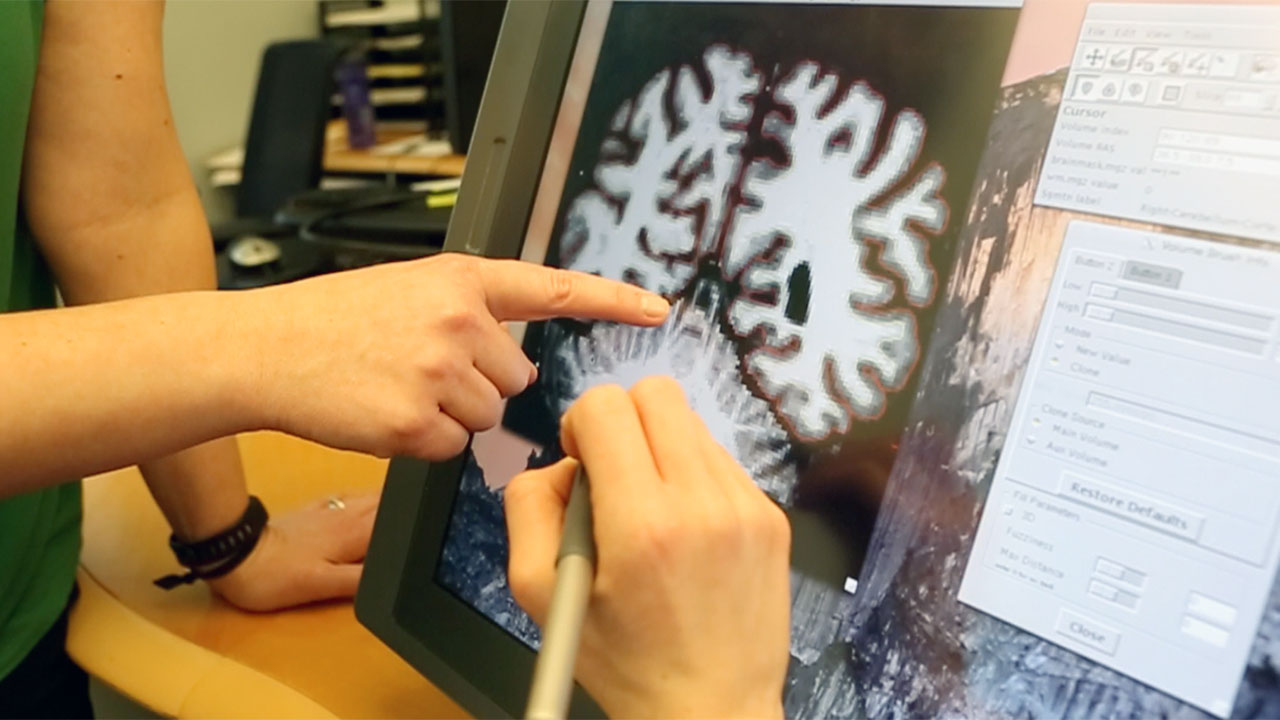
Northwestern Medicine shows SuperAgers’ brains shrink much slower than their age-matched peers, resulting in a greater resistance to “typical” memory loss and dementia.

Engineers develop a low-cost wearable electronic device that can collect and analyze sweat for health monitoring.

These days it's not unusual to start with millions of files from an electronic data warehouse to shape the treatment of individual patients.
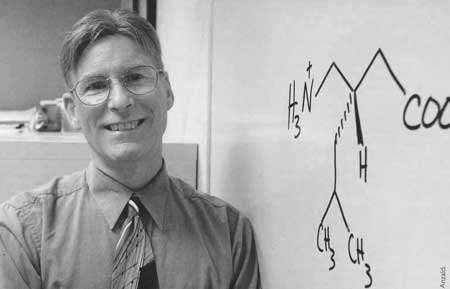
Chemist Richard Silverman developed pregabalin, the small molecule that Pfizer now markets as Lyrica.
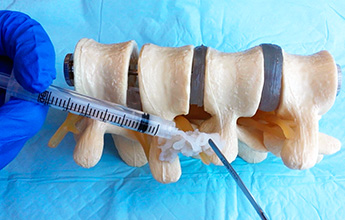
Revolutionary nanomaterials developed at Northwestern could make it possible to repair any part of the body.
90school-based research centers
50+university research centers
$650 millionin sponsored research in 2016
Crossing disciplines to find solutions
Discoveries made at Northwestern are shaping the future of scientific research. The creation of molecular machines — recognized with the 2016 Nobel Prize in Chemistry — and the detection of gravitational waves 100 years after Albert Einstein’s prediction, are just two examples of the work fueling scientific inquiry for generations to come.
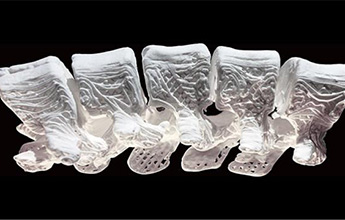
Northwestern researchers have developed a 3-D printable ink that produces a synthetic bone implant that rapidly induces bone regeneration and growth.

Last year’s Nobel Prize in Chemistry was shared by Northwestern professor Sir Fraser Stoddart, whose fundamental research has had a tremendous impact on science.

Chad Mirkin and Leonidas Platanias bring their skills, research enterprises and personal stories together to battle cancer in innovative, sub-microscopic ways.

Two Northwestern scientists have found that adult cells abruptly begin their downhill slide when an animal reaches reproductive maturity.

Northwestern astrophysicists are part of the first team to detect gravitational waves, proving Einstein’s century-old theory of general relativity.
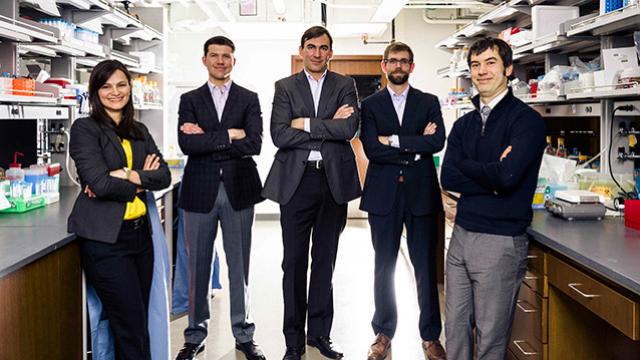
“We have a newfound ability to read, write and edit DNA, the code of life," says Michael Jewett, a leading synthetic biologist who is engineering living systems to help eradicate pervasive disease.
Ideas with global impact
Northwestern researchers are working together to protect the planet for future generations, and a recent gift from benefactors Jeff and Laurie Ubben will establish the Ubben Program for Climate and Carbon Science. The focus is on science that enables clean energy, green living and planetary responsibility.

Polar geologist Yarrow Axford will share her perspective on climate change at a lecture April 26 in Chicago.

From anode to the cathode — and everything in between — Northwestern researchers are finding ways to make cheaper, lighter batteries that work better and last longer.

House by Northwestern is the University's first entry in the Department of Energy Solar Decathlon and a showcase of sustainable living.
University research is awe inspiring
The world is full of puzzles, problems and wonders. It’s only through an ever-deeper understanding of the physical world, the biological world and the human world that we overcome challenges and can advance.”
Jay Walsh, vice president for research,
on the value of investing in transformative ideas
Published: April 21, 2017. Updated: March 19, 2018.
Back to top